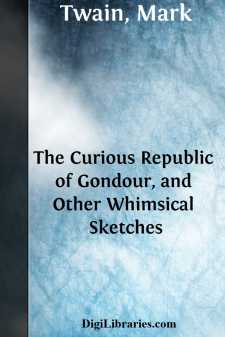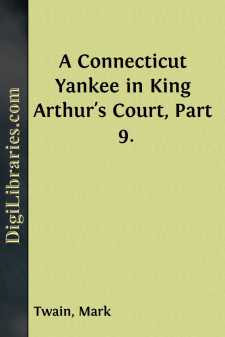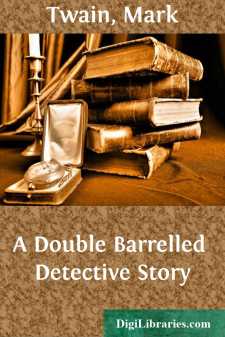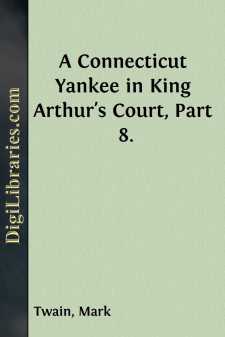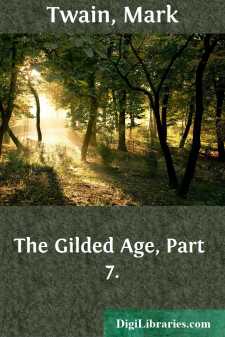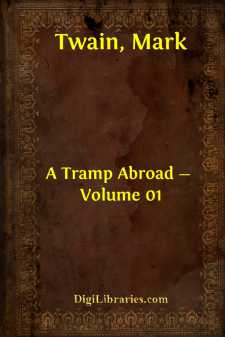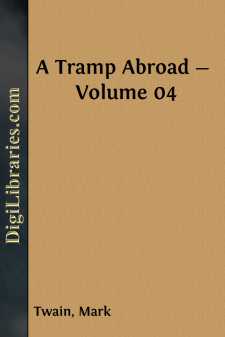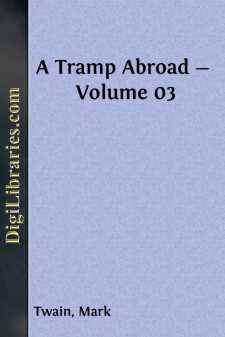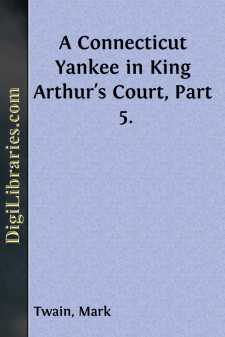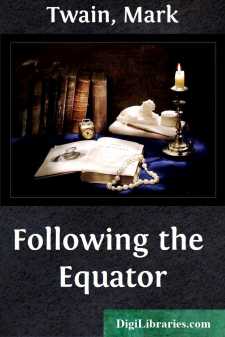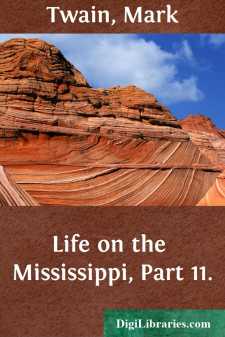Categories
- Antiques & Collectibles 13
- Architecture 36
- Art 48
- Bibles 22
- Biography & Autobiography 813
- Body, Mind & Spirit 142
- Business & Economics 28
- Children's Books 17
- Children's Fiction 14
- Computers 4
- Cooking 94
- Crafts & Hobbies 4
- Drama 346
- Education 46
- Family & Relationships 57
- Fiction 11829
- Games 19
- Gardening 17
- Health & Fitness 34
- History 1377
- House & Home 1
- Humor 147
- Juvenile Fiction 1873
- Juvenile Nonfiction 202
- Language Arts & Disciplines 88
- Law 16
- Literary Collections 686
- Literary Criticism 179
- Mathematics 13
- Medical 41
- Music 40
- Nature 179
- Non-Classifiable 1768
- Performing Arts 7
- Periodicals 1453
- Philosophy 64
- Photography 2
- Poetry 896
- Political Science 203
- Psychology 42
- Reference 154
- Religion 513
- Science 126
- Self-Help 84
- Social Science 81
- Sports & Recreation 34
- Study Aids 3
- Technology & Engineering 59
- Transportation 23
- Travel 463
- True Crime 29
The Curious Republic of Gondour, and Other Whimsical Sketches
by: Mark Twain
Categories:
Description:
Excerpt
THE CURIOUS REPUBLIC OF GONDOUR
As soon as I had learned to speak the language a little, I became greatly interested in the people and the system of government.
I found that the nation had at first tried universal suffrage pure and simple, but had thrown that form aside because the result was not satisfactory. It had seemed to deliver all power into the hands of the ignorant and non-tax-paying classes; and of a necessity the responsible offices were filled from these classes also.
A remedy was sought. The people believed they had found it; not in the destruction of universal suffrage, but in the enlargement of it. It was an odd idea, and ingenious. You must understand, the constitution gave every man a vote; therefore that vote was a vested right, and could not be taken away. But the constitution did not say that certain individuals might not be given two votes, or ten! So an amendatory clause was inserted in a quiet way; a clause which authorised the enlargement of the suffrage in certain cases to be specified by statute. To offer to "limit" the suffrage might have made instant trouble; the offer to "enlarge" it had a pleasant aspect. But of course the newspapers soon began to suspect; and then out they came! It was found, however, that for once—and for the first time in the history of the republic—property, character, and intellect were able to wield a political influence; for once, money, virtue, and intelligence took a vital and a united interest in a political question; for once these powers went to the "primaries" in strong force; for once the best men in the nation were put forward as candidates for that parliament whose business it should be to enlarge the suffrage. The weightiest half of the press quickly joined forces with the new movement, and left the other half to rail about the proposed "destruction of the liberties" of the bottom layer of society, the hitherto governing class of the community.
The victory was complete. The new law was framed and passed. Under it every citizen, howsoever poor or ignorant, possessed one vote, so universal suffrage still reigned; but if a man possessed a good common-school education and no money, he had two votes; a high-school education gave him four; if he had property like wise, to the value of three thousand 'sacos,' he wielded one more vote; for every fifty thousand 'sacos' a man added to his property, he was entitled to another vote; a university education entitled a man to nine votes, even though he owned no property. Therefore, learning being more prevalent and more easily acquired than riches, educated men became a wholesome check upon wealthy men, since they could outvote them. Learning goes usually with uprightness, broad views, and humanity; so the learned voters, possessing the balance of power, became the vigilant and efficient protectors of the great lower rank of society.
And now a curious thing developed itself—a sort of emulation, whose object was voting power! Whereas formerly a man was honored only according to the amount of money he possessed, his grandeur was measured now by the number of votes he wielded....


